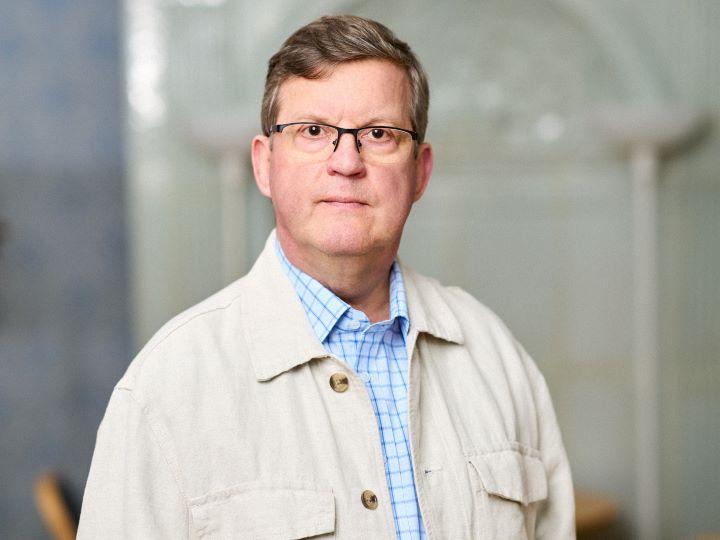Research and innovation
Creativity forum 2016: speakers

Date: 17 & 18 August 2016
Venue: Ojako Holiday & Training Centre, Pärnu County, Estonia
Languages: Estonian and English (with simultaneous interpretation)
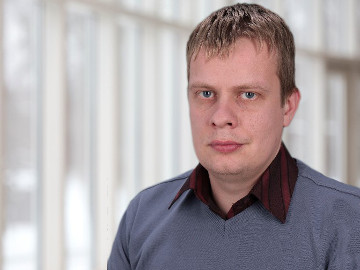
Kalev Kaljuste
Pärnu County Governor, Estonia
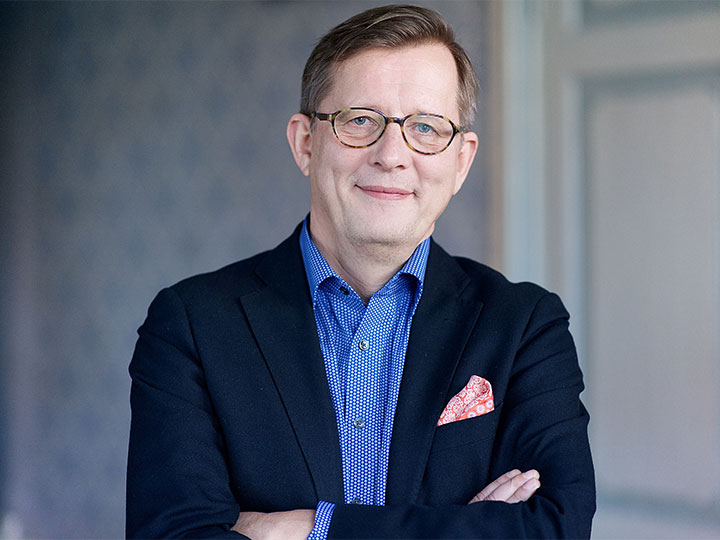
Christer Haglund
Director of the Nordic Council of Ministers' Office in Estonia
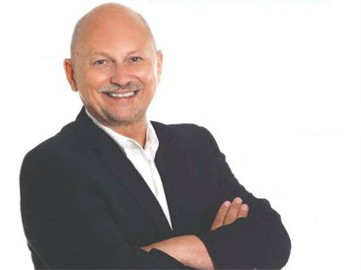
Roger Ryberg
Chairman of the Buskerud County Council, Norway
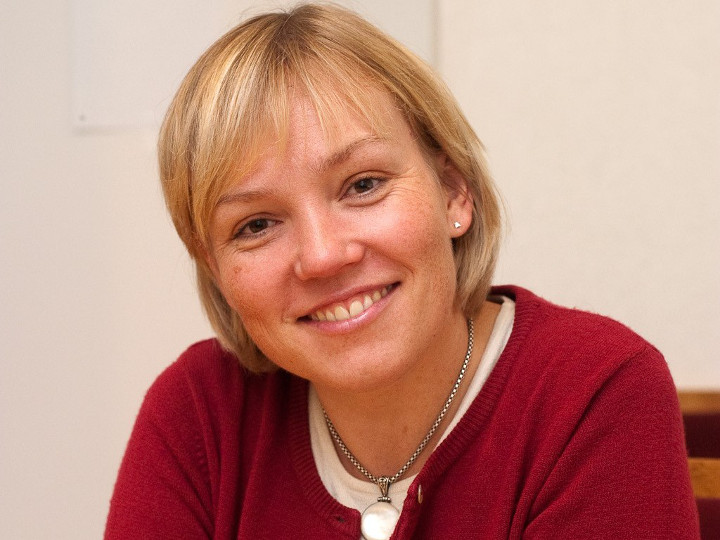
Irene Käosaar
Head of General Education Department, Ministry of Education and Research, Estonia
I am a woman, a sister, a friend, a colleague, an aunt, a daughter and a partner – and l hope I can at least add the word "good" in front of all these words. I started my working life in a kindergarten in 1988. After that, I studied at the University of Tartu, and in 1992 started working as a teacher in Tartu. I moved to Tallinn in 1999, where I started leading a special language programme (Russian-Estonian coherence). I still consider this programme as my third son, in addition to my two actual ones. All three are clever and attractive. Since 2007 I have been working at the Ministry of Education and Research, at first as the head of the Minority Department, now as the head of the General Education Department. Educational subjects have been my work, hobby, passion and challenge for 25 years. The only thing more important to me is my sons, who are the most important thing in the world in any case. My mission is to put students first in our education system – whatever we do or develop, we should help our students be more creative, happier and smarter, so they can be good people and good citizens of our small, beautiful country.
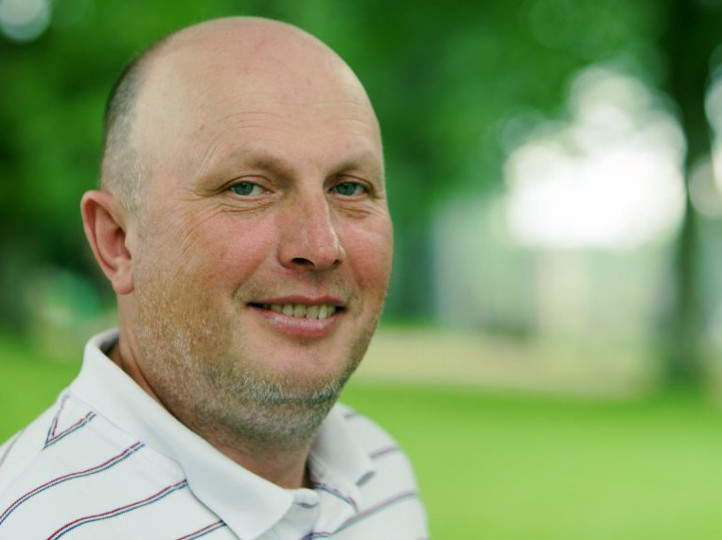
Tõnu Lehtsaar
Professor of Practical Theology, Professor of Psychology of Religion, University of Tartu, Estonia
I am a psychologist of religion and communication. The first of these I practise at the university; the second I practise while making courses. Creativity is a subject that deals with person's mental side, but also with relations. I think I am a creative person. However, I need special conditions for it – in my case, spare time. I never have creative ideas when I am in a hurry.
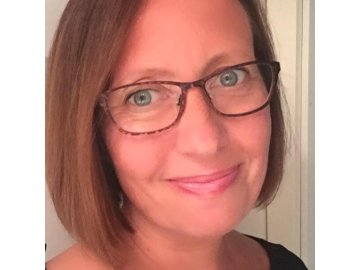
Aija Rinkinen
Education Councillor, Finnish National Board of Education, Finland
I am a Master of Education and a Councillor of Education with the Finnish National Board of Education (FNBE), which is the national development agency responsible for the development of pre-primary, basic, general upper secondary, vocational upper secondary and adult education. It is subordinate to the Ministry of Education and Culture and its tasks and organisation are set in legislation. My primary duties consist of developing the quality of Finnish basic and upper secondary education. My responsibilities include developing guidance counselling in Finland, renewing the core curriculum, issuing guidelines and recommendations, guiding schools in their work and lecturing at various events. I am also involved in the development and coordination of education providers’ development plans and the facilitation of the Lighthouse school innovation network in Finland. I have an extensive background in education: prior to my position at the FNBE I worked as the head of education in a Finnish municipality and as a school principal and special education teacher. I am also a doctoral student at the University of Helsinki. My research interest is in finding out what the future holds for Finnish basic education and how we can implement change according to principals and directors of education in Finnish municipalities.
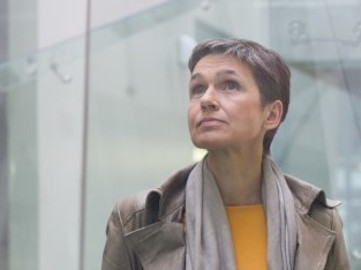
Katrin Aava
Ph.D., Lecturer in Communication Studies, School of Humanities, Tallinn University, Estonia
I work as a lecturer in Communication Studies at Tallinn University. The idea of studying in cooperation is important to me – where common meanings are created in the classroom, and where we make sense of and think about what it means to be a human being. I study texts, and therefore I focus on a person's language use. For example: how we create opposition, how we avoid taking responsibility, etc. I have written the textbooks The Art of Persuasion, Oratory and (with Ülle Salumäe) Media and Manipulation.
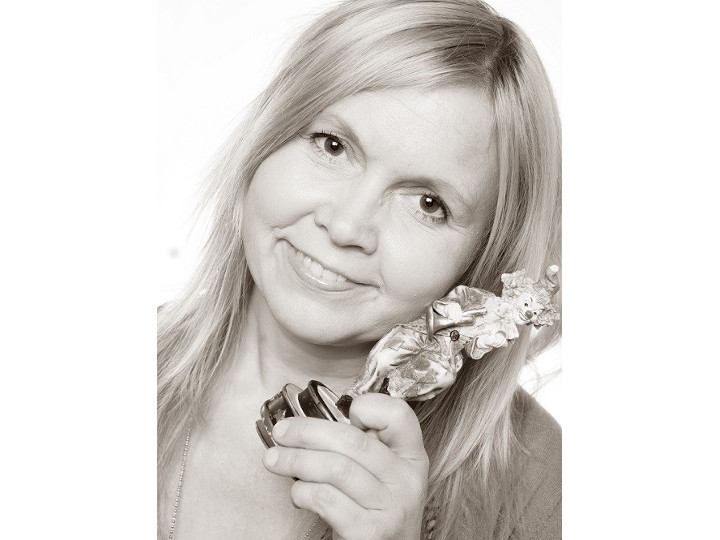
Maria Usk
Head of the Nuku Museum, Nuku Theatre, Estonia
Self-image is changing all the time. A person who feels physically and emotionally well is happy and wants to learn. They are ready to experience things and make mistakes. You can do everything with joy – even strange situations and new knowledge can form part of yourself. The ‘doll-thinking method’ develops creativity through three main skills: 1) using different/other forms of communication, speaking as little as possible; 2) noting empathy while developing the nature of people and things; and 3) seeing the world around us in all its different aspects, and using the language of symbols. With the help of the ‘doll-thinking method’ you can form and develop a child's behaviour and introduce value-based education ideas through experience.
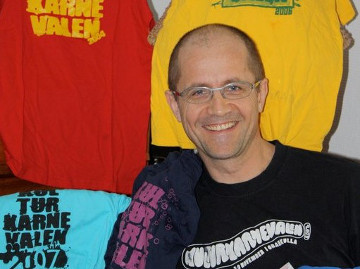
Mikael Andersson
Actor (Svenska Teatern, Helsingfors) and Art Director, Kulturkarnevalen, Finland
I live in Finland, where I have been working as an actor since 1998 at Svenska Teatern in Helsingfors. I launched a major Swedish-language festival of art and culture called Kulturkarnevalen for young people, the first of which was held in 2003. I studied chemistry for five years and after that started studying at the Theatre Academy in Helsinki, from which I graduated as an actor in 1989. Since then I have done a lot of acting in theatres, films and television. I have also done a lot of teaching in drama, improvisation, communication and more. In addition, I am also a clown doctor for hospitalised children.
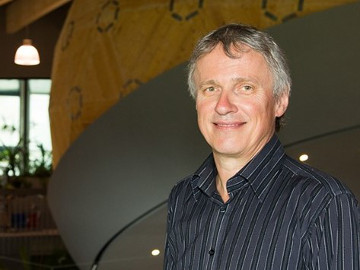
Aarne Paul
Astronomer, Estonia
I teach ‘star science’ at Pernova Educational Centre, create a cosmic atmosphere in the planetarium and arrange study visits to the universe. I help find meeting points between astronomy and the arts. We have an amazing opportunity to be right here, right now, between the micro and macro worlds, parallel worlds and multiple dimensions right behind us and between us. Astronomy is a science, but also artistic and mystical.
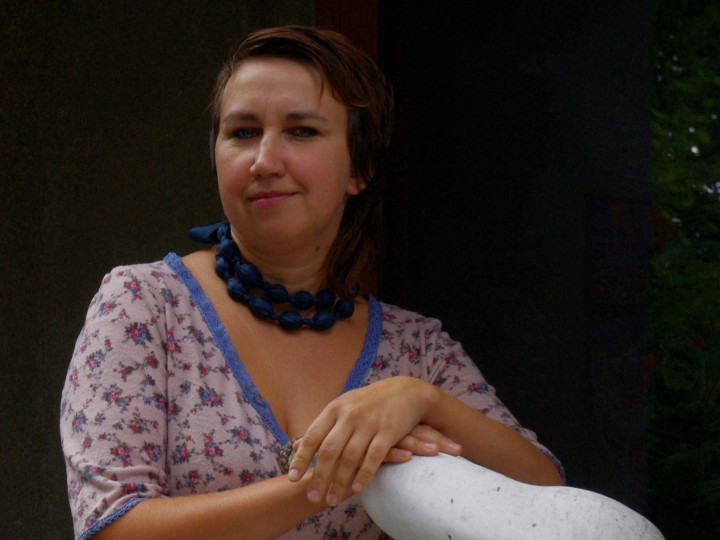
Kristel Kallau
Principal and Art Teacher, Pärnu Art School, Estonia
I am convinced that a person studies better through playing. The days of studying only facts and sitting at a desk for hours on end are long gone. Today studying has a different meaning and purpose. Our rapidly changing world awaits creative and flexible personalities. I hope that today's school system will change and be more attentive to different learning styles. One step, our project, is already here and I am sure it is going to broaden the perspectives of both the participants and the teachers.
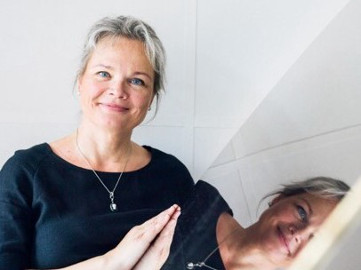
Satu Roberg
Rector of Kauniainen Music Institute, Finland
I have a Master of Arts degree in music studies (University of Turku, Åbo Akademi University) and music teaching, and in the viola (University of Tel Aviv, Ruben Academy of Music). I have worked as a musician, journalist and producer and have held leading positions in cultural administration. Since 1997 I have also held management and planning positions in music education. Today I am the principal of Kauniainen Music School and the project director for Biophilia Finland. In recent years I have focused particularly on developing educational content and teaching methods and approaches.
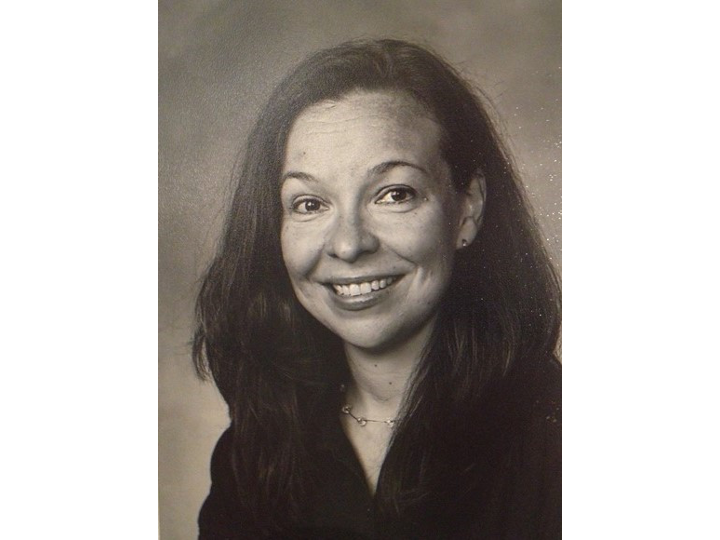
Ulla Hairo-Lax
Music Teacher, Kauniainen Music Institute and Teacher, Järvenperä Primary School, Finland
I have a Doctorate in music therapy and a Master’s degree in music education (University of the Arts Helsinki Sibelius Academy). I have worked as a researcher and music therapist at the Resonaari Special Music Centre as well as a piano teacher and music teacher in different institutions. I currently work as a music teacher in two comprehensive schools in Espoo. At Kauniainen Music School I teach music and art classes in cooperation with Kauniainen Art School. Among my areas of interest is multi-disciplinary, phenomenon-based music education, as well as the possibilities of school music education to enhance pupils’ growth and well-being as examined from a therapeutic frame of reference.
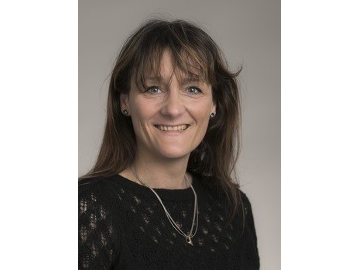
Gitte Klein
Vice-Principal, Skúlin við Løgmannabreyt, Faroe Islands
I have studied Marketing Management and have a Master’s degree in Positive Psychology. I am currently studying Psychology at Århus University. I work as the vice-principal of Skúlin við Løgmannabreyt, a school which opened in 2007, and I also give lectures to teachers and parents around the country on resilience, positive psychology, how technology changes children's brains and more. There are 435 students at our school, between the ages of 7 and 15. There are around 50 students and three teachers in each class. Most lessons are divided into smaller units, and students are constantly moving between them according to their knowledge and abilities. Teachers give a special evaluation of each child every day.
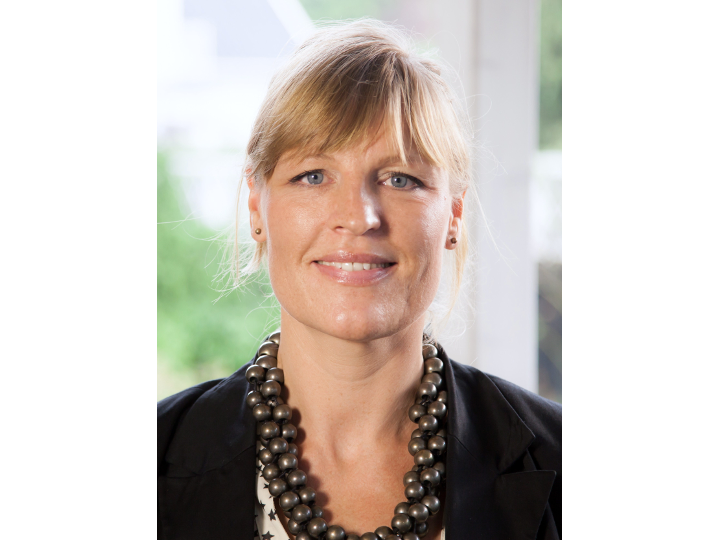
Gro Emmertsen Lund
Organisational Consultant, Haslebo & Partnere, Denmark
As a co-editor of two books – Developing Relationships in Schools (2014) and Developing School Cultures – How? (2015), both in Danish – and an author, I write about practising social constructionism in schools, leadership and communication. I am currently doing my Ph.D. on social exclusion processes in schools at Utrecht University in the Netherlands.
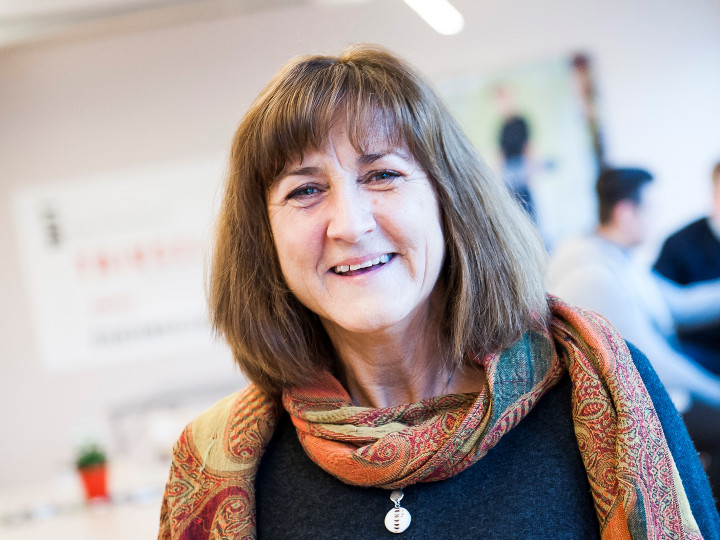
Ingebjørg Mæland
Director of the Buskerud Labour Institute, Norway
Ingebjørg Mæland has a broad field of experience working with youth of different walk of life. Ranging from youth in the Criminal Justice system to Child and Adolescent Psychiatric services to Outreaching services into consulting the District County office of Education on special needs education. In 1998, she has became the head of Arbeidsinstituttet Drammen, and after a merger of four separate Arbeidsintituttet in 2003, she became the head of the whole organization.
Her educational background is in social science, which she obtained while working. Currently, she is obtaining a Masters in Educational leadership. She has also been a local politician for 8 years in Nedre Eiker County. She has also been on the board of Sparebanken Øst for 12 years.
To learn more about Arbeidsinstituttet, visit www.aib.bfk.no/
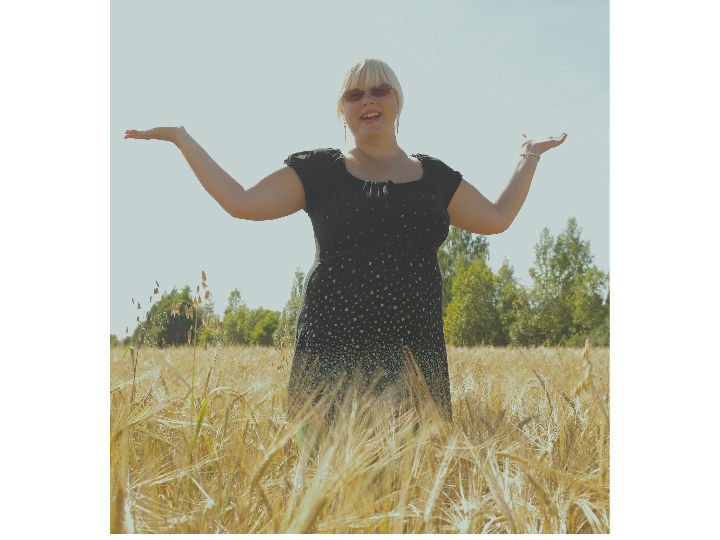
Krista Mustonen
Teacher, Kergu Kindergarten & Primary School, Estonia
I work as a primary school teacher at Kergu Kindergarten & Primary School in Pärnu County. I supervise the school theatre hobby group and in some years also the music group. My daily work takes place in joint classes with children of different ages and levels of knowledge.
As a hobby, I also sing in the women’s choir of Vändra municipality, I’m part of Vändra Cultural Centre’s theatre group and I’m an active member of the Estonian Theatre Managers Theatre Troupe.
By chance, I crossed paths with the team from the NGO Pesapuu, who showed me blackboard dolls called Kriidik. At that first meeting I realised that these toys might turn out to be helpful instruments in my work. And indeed they did. I have been using Kriidik dolls to conduct lessons for a whole year and they have proven to be very worthwhile, because children acquire new knowledge much better through games and playing. Thanks to the dolls, every child can actively participate in the lesson and receive immediate feedback from the teacher. The blackboard doll is a nice change from computers, and in our school the Kriidik dolls are the students’ best friends, since they are essentially playthings that can be used to reinforce what has been taught in class and the children form an emotional bond with them.
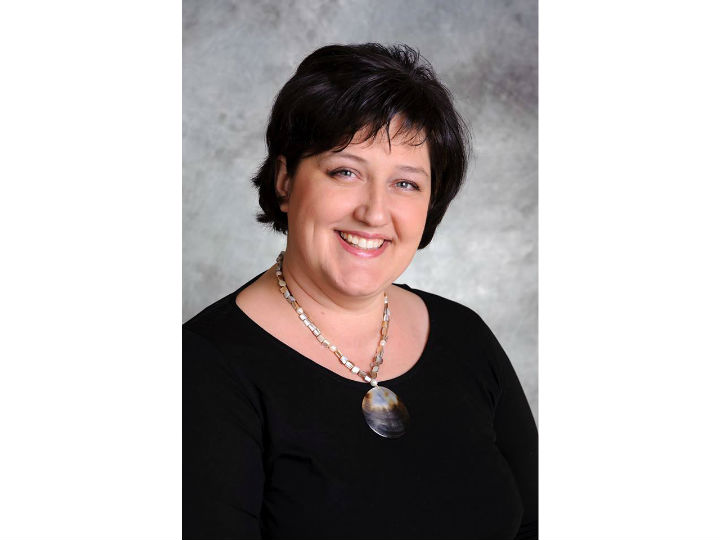
Evelyn Eichhorst
psychologist, Estonia
My day-to-day work is that of a psychologist, counselling people who are going through difficult times in their lives. Working with patients, I have seen that it is often breaking through boundaries and constrictive rules that people have grown used to that make them take action. These rules are often learned at an early age. We have been taught that making mistakes is a bad thing and that there is little we can do to change and affect our environment.
Based on these experiences, we developed a toy system that enables children to design and change their environment; a system that does not involve penalties for making mistakes, letting children learn from them instead; a system that allows children to use different senses to learn new things.

-
12.06.2016
Creativity forum 2016: practicalities
-
12.06.2016
Creativity Forum 2016: programme
-
12.06.2016
Nordic-Baltic creativity forum 2016
-
20.09.2013
Youth Festval C.A.M.P. Creative Action - Meaningful Performance!
-
25.06.2013
Creativity Forum

